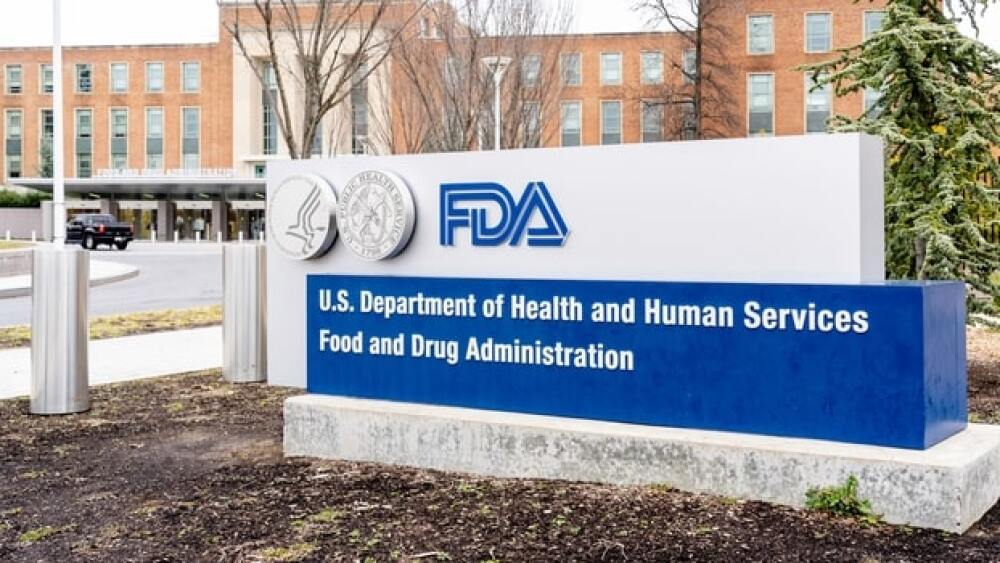Dupixent, which was rejected by the FDA for chronic spontaneous urticaria in October 2023, is now approved as the first new targeted therapy for the indication in more than 10 years.
The FDA signed off on the use of Sanofi and Regeneron’s blockbuster biologic Dupixent for the treatment of chronic spontaneous urticaria.
The Friday approval opens the use of Dupixent in patients aged 12 and up who remain symptomatic despite antihistamine treatment. The decision comes as a vindication for the biologic, which in October 2023 suffered a rejection in chronic spontaneous urticaria (CSU). The regulator at the time flagged the lack of available efficacy data in this indication.
To back their resubmission, Sanofi and Regeneron filed data from three studies under the Phase III LIBERTY-CUPID program. Two of these trials—Study A and Study B, which were part of Dupixent’s initial bid at approval—showed mixed outcomes. In July 2021, for instance, Study A demonstrated that Dupixent roughly halved itch sand urticaria activity scores as compared with antihistamines.
However, results from Study B, published in February 2022, showed that the biologic could only elicit modest improvements versus antihistamines in patients who were refractory to Novartis and Roche’s Xolair. The trial was terminated due to futility.
To bolster Dupixent’s case in CSU, Regeneron and Sanofi also ran Study C under LIBERTY-CUPID. A readout in September 2024 demonstrated that the drug reduced itch and urticaria activity by nearly 50%, which “confirms results from Study A,” the partners noted at the time. Dupixent’s safety in CSU was consistent with its known side effect profile across its other approved dermatology indications.
Friday’s marks Dupixent’s seventh approval in a type 2 inflammation-driven disease, a group of conditions driven by similar inflammatory responses. Designed to be administered via an injection under the skin, the biologic works by inhibiting the receptor bound by IL-4 and IL-13 cytokines, in turn disrupting related signaling cascades. This mode of action allows Dupixent to suppress the inflammation that underpins several immune-driven conditions, including asthma and rhinosinusitis.
Dupixent was first approved in 2017 for atopic dermatitis. Most recently, in September 2024, it became the first biologic product for chronic obstructive pulmonary disease.
Dupixent has been a commercial boon for Sanofi and Regeneron. Last year, the drug soared 22% to bring in $14.15 billion worldwide, and its sales are likely to grow even further with Friday’s expansion into CSU and a potential new approval for bullous pemphigoid, for which Regeneron and Sanofi have submitted an sBLA already, anticipating a decision later this year.
Recently, however, Dupixent has become a point of tension for Sanofi and Regeneron, with the New York pharma suing its French partner in November 2024, claiming that it had been stonewalled out of certain important information regarding Dupixent’s sales. Regeneron first publicly revealed the lawsuit in its year-end report in February.






